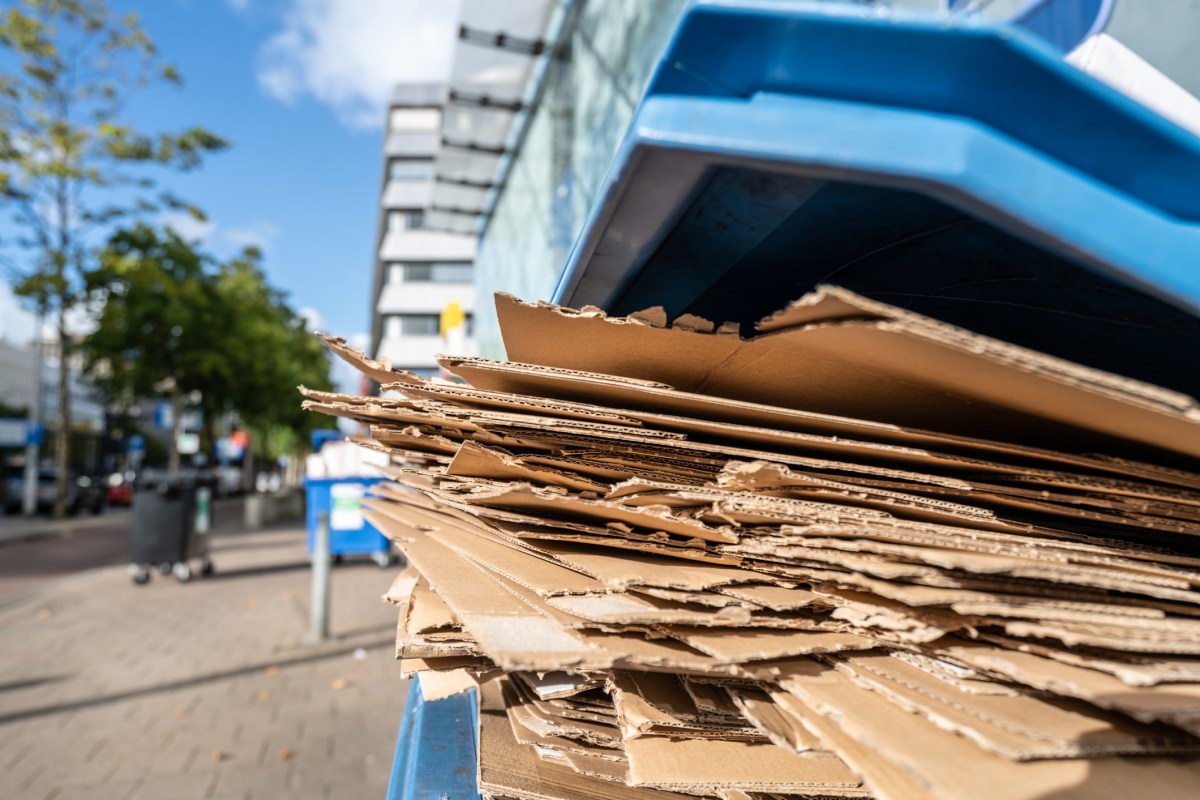It’s the middle of the holiday season here in the U.S., that magical time between Thanksgiving and Christmas when stores are packed with bodies and porches are piled with packages.
All those packages produce a lot of waste — anywhere from 33 million tons to 51 million tons annually, depending on the estimate. A majority of it gets recycled, but there’s still a significant fraction that finds its way into landfills.
It’s the last day of the TechCrunch+ Cyber Monday sale! Head here for details, and don’t miss out!
One startup has a plan to slash that fraction while also cutting the carbon footprint of people’s homes. Buffalo-based CleanFiber takes used cardboard boxes and turns them into cellulose insulation that can be blown into the walls and attics of new and existing homes.
As building products go, cellulose insulation is pretty special. Because it’s insulation, it lowers energy use. It’s relatively high-performance and low-cost. And it’s made almost entirely from recycled materials, which means it lowers a building’s embodied carbon, or how much pollution is wrapped up in its materials.
Typically, cellulose insulation is made by shredding old newspapers, but as the newspaper industry has declined over the last 20 years, so too has the supply of newsprint.
“At one point in time, there were about 13 million tons of newsprint produced annually in North America,” CleanFiber CEO Jonathan Strimling told TechCrunch. Today, “it’s on the order of 1 million tons and continues to fall.”
That decline got industry insiders interested in using corrugated boxes in lieu of newsprint. But they knew they couldn’t reuse the same processes. Bales of newsprint are pretty homogeneous, whereas bales of old corrugated containers are laced with shipping labels, plastic sleeves, and various kinds of tape. Simply shredding that and sending it through a cellulose blower would gum up the works and make for some very unhappy installers.
